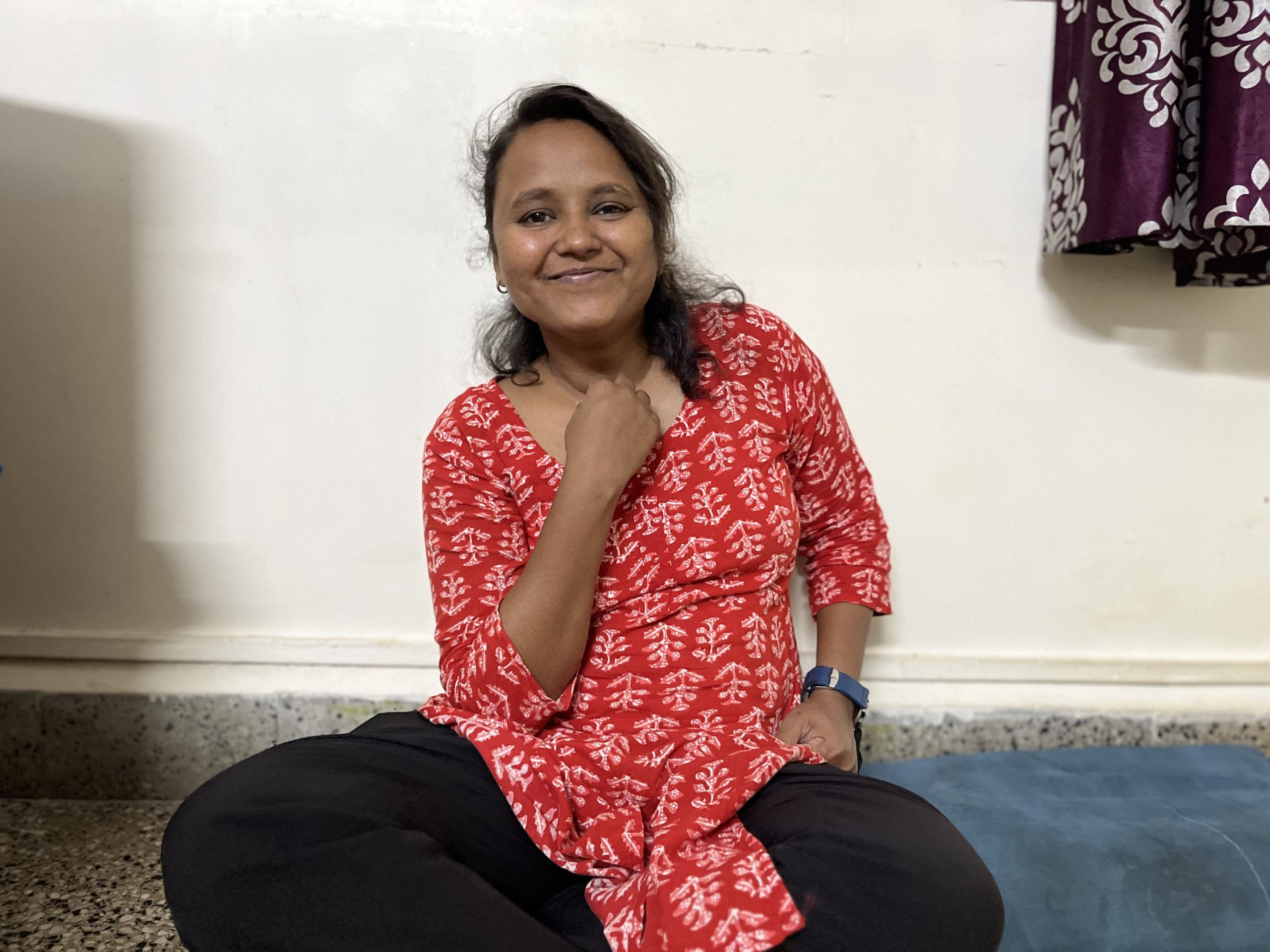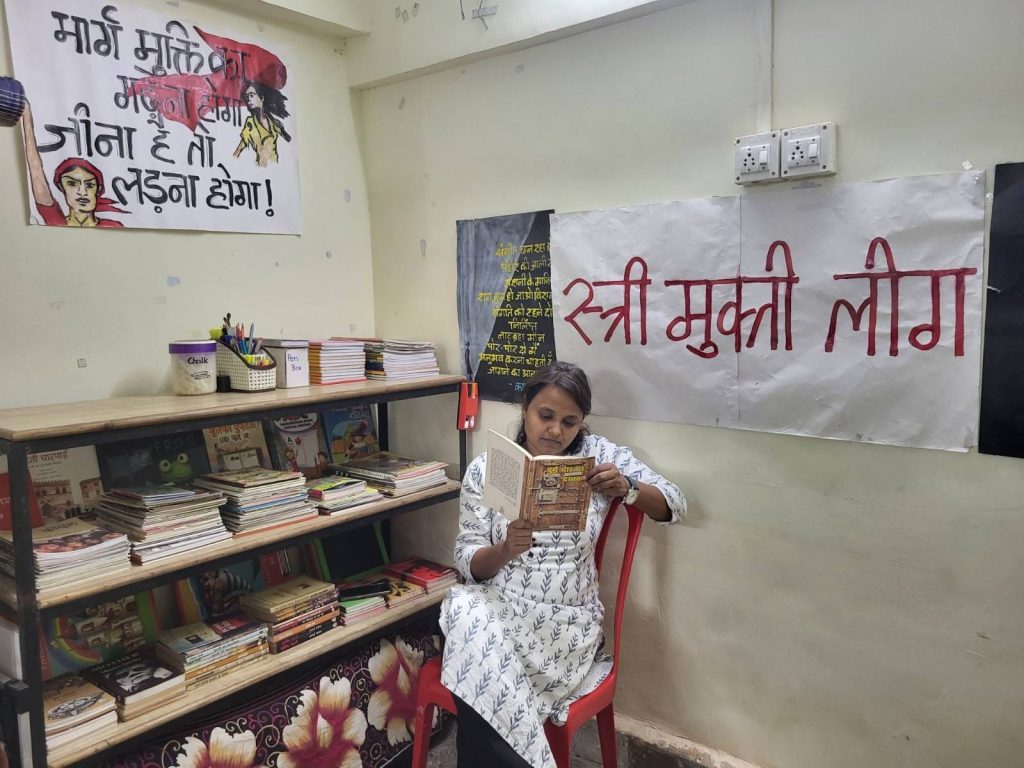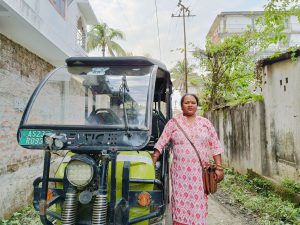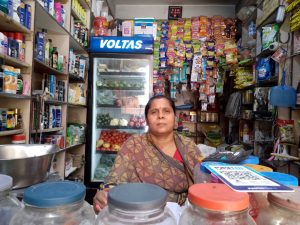“Inflation is killing my dreams,” said Pradnya Prabhulkar, 30, as we strolled around Mankhurd with our cups of coffee from a local tapri near the Lalbhai compound on a sultry April evening. For me, inflation has always been about cutting back on one’s basic needs, in the here and now. This was the first time I had heard someone frame inflation in future tense, I said.
“Why should we see inflation within the ambit of basic needs only when its effects are long term–of killing one’s aspiration in their youth?” she asked.
Pradnya is a healthcare professional-turned- social activist with a Masters degree in social work. Until February last year, she had a full time job with an NGO that works on vaccination awareness and drew a monthly salary of Rs 17,000. She quit the job because the effort and the long commute were not commensurate with the salary.
“In a city like Mumbai, we spend 4-5 hours travelling and 9 hours working. So earning Rs 17,000 a month for a 15 hour day at the age of 30 and with a postgraduate degree does not make sense,” said Pradnya.
However, she has found it difficult to find another full-time job that pays her well. “For a person living in Mumbai, Rs 20,000-Rs 22,000 is the minimum monthly expense and this does not include leisure, just the fundamental needs. How can I survive in anything less?” she asked. She has, out of sheer desperation, done jobs for less. But now she wants more.
She now does occasional gigs like promotional events at shopping malls on weekends for which she earns Rs 600 a day. But the income is not fixed.
“Sometimes I earn Rs 6000 a month, sometimes Rs 3000 and sometimes nothing and most of it I contribute to home [expenses],” she told me, anxiety writ large on her face.
Pradnya’s dreams are not ambitious by any means. They are those of any young Indian – learning new skills to improve her job prospects, a ‘room of her own’ that gives her freedom and privacy, a bit of leisure and time for hobbies. “Are they too much to dream about?” she asked. But Pradnya is caught in a cycle of unemployment and inflation, one feeding into the other.
Maharashtra has an unemployment rate of 3.1 % for the year 2022-2023 and inflation rate of 6.01%, higher than the all-India rate of 5.09%, per government data from February 2024. Manipur (10.9%), Odisha (7.5%) and Telangana (6.7%) are the top three states with highest inflation rates.
Inflation (the measure of the rate of increase in the prices of goods and services) is calculated using the consumer price index (CPI) and the wholesale price index (WPI). The measure of inflation determines the purchasing power of the consumer. With rising inflation, household debt is at an all-time high – 40% of the Gross Domestic Product (December 2023). And there has been a 47-year low in the net financial savings – at 5.1% of GDP. These together define the financial distress that households in India are grappling with.
At Behanbox, we wanted to map the costs and burdens of this distress in real time. We bring you an ‘Inflation Journals’ series that show through real life stories from across India how households are coping with rising costs and debt.






